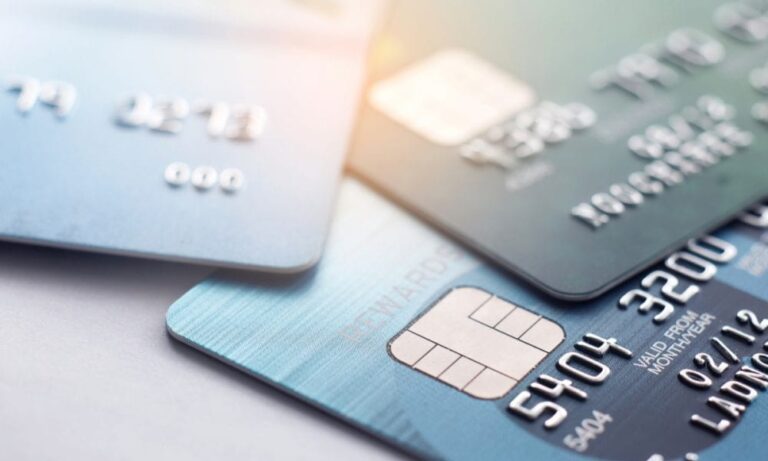Credit cards have gained tremendous popularity in the past two decades. They have effectively taken over traditional cash transactions by offering users more security and rewards. It is no secret that paying with the credit card of an authorized institution can attract many rewards for you. It eventually results in you saving more on your purchases through cashback, discounts, and other reward schemes. That’s the main selling point that contributes to credit cards’ popularity and summons hundreds of new users every year to carry out various financial transactions, such as vendor payment.
However, this reward scheme often blindsides the credit card payment fees. Few users factor in the credit card fee before getting one issued for themselves. Credit card fees are a significant expense that can result in you spending more than how much you save through rewards.
What exactly is a credit card fee?
In simple terms, a credit card fee is the amount charged by a credit card issuer to the credit card holder for keeping the ownership and activity of the credit card, such as availing credit card to bank transfer, or any other financial activity. These fees can vary depending on their type, and the fee payment frequency. Some types of credit card fees are:
- Annual fee: As the name suggests, it is a one-time fee charged by the issuer to the card owner just for owning a credit card. The cost can vary depending on the issuing company.
- Late payment fee: When you pay through a credit card, it becomes your responsibility to pay the amount you owe timely. Not adhering to the term can get you some penalty fee. This fee can be fixed or may vary depending on the delay from your end.
- Over-limit fees: Credit cards come with a credit limit. It is the amount you can draw from your credit card. Your credit card provider might let you spend beyond the credit limit, but this service comes with a price tag. The issuer would charge you an over-limit fee. However, it is important to note that not all credit card holders get this.
- Cash withdrawal fee: Another purpose that credit cards serve, other than being a mode of online and cashless payment, is being a mode to withdraw cash from the ATM. Only some people who withdraw money from the ATM using credit cards stay aware of the cash withdrawal fee. This fee is charged every time you withdraw cash and vary depending on your card provider. Usually, a percentage of the amount withdrawn is set as a cash withdrawal fee.
Those were some of the common credit card fees. Let’s explore how you can save more by keeping these expenses low.
- Eliminate the yearly fee: A yearly fee is the most common form of credit card fee for credit card holders. Before opting for a credit card, exploring other options for credit card issuers is best. Some credit card issuers let cardholders avail of the credit card for very low to no annual fee.
- Don’t withdraw cash unless it’s necessary: Cash withdrawal fee is the one that often goes ignored. Ideally, you should avoid withdrawing money from an ATM using your credit card unless it is an absolute emergency.
- Set up automatic payments: For recurring payments like electricity bills, water bills, and fixed taxes, it is best to automate them so you don’t miss any payment deadlines. Automating such payments will relieve the additional stress of paying your bills on time. Such a system can also be set for credit card payments to ensure that you always pay the minimum on time.
In conclusion, credit card fees can add up and cost you money over time, but there are several strategies to bring down expenditure and save money.

